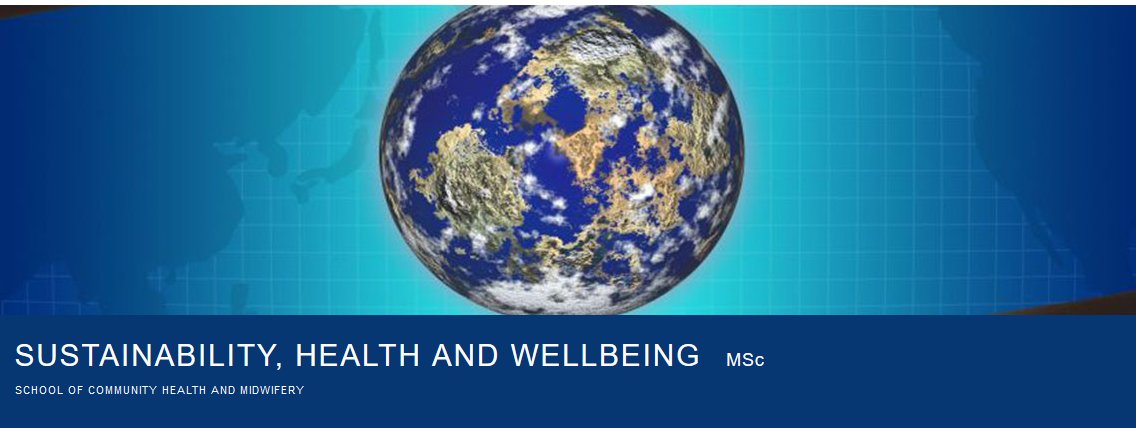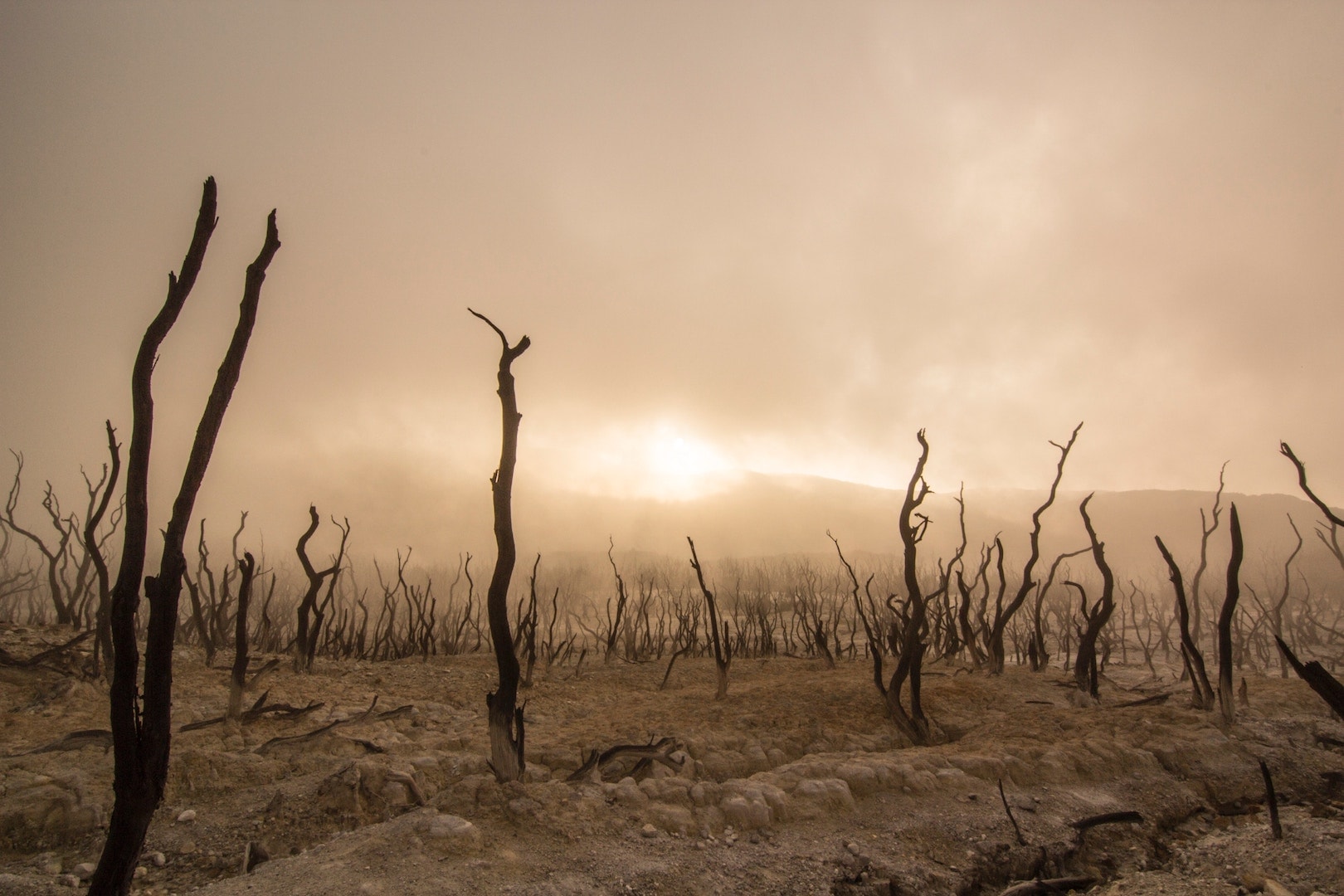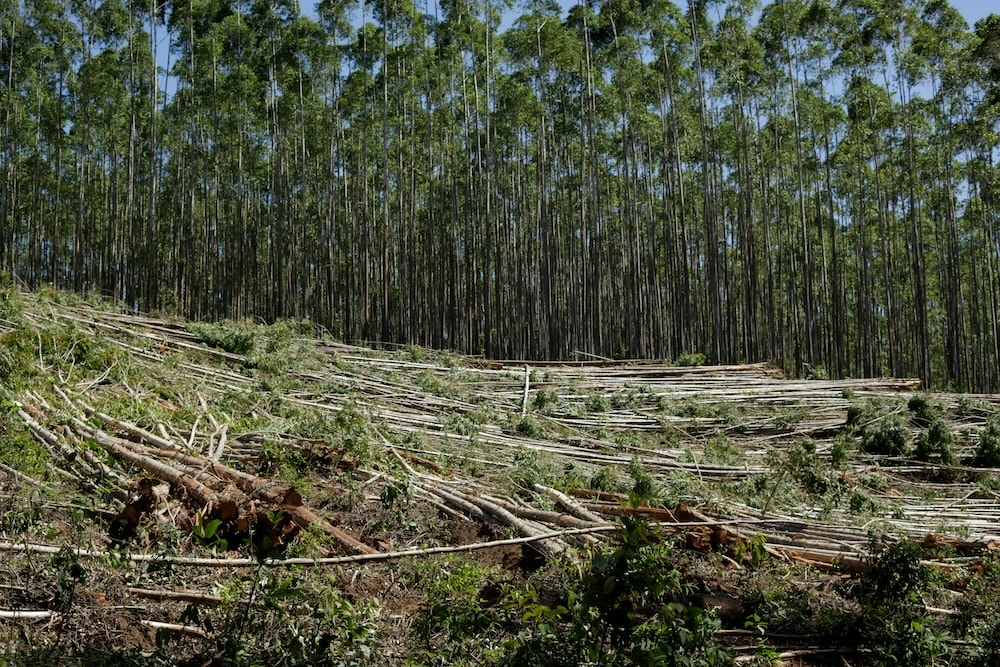The advent of online learning technologies has brought many changes to the educational landscape. Examples of the resulting reconfiguration of education may be found in the increasing availability of electronic resources to support classroom activities as in blended learning courses; and in the growth of Massive Open Online Courses (MOOCs). Online courses are widely accepted as offering flexibility, accessibility and opportunities for lifelong learning. Another obvious advantage, although less often referred to, is the lowering of educational carbon footprints. This is obviously an attractive option for those engaged with the green agenda, and there is a range of MOOC courses available such as those provided by CourseEra or the Stockholm Institute which offer accessible introductions to sustainability concepts. Although it is interesting to note recent research by Reich and Ruiperez-Valiente (2019) as recently reported in the Times Higher Education Supplement reports low retention rates and a fall-off in enrolments onto MOOCs.

In the photo: Remote learning allows your living room to become a lecture theatre. Photo Credit: Nathan Dumlao
We suggest, that the full potential of e-learning technology and delivery, particularly in the field of sustainability, has still to be realised with a relatively small proportion of Universities offering undergraduate and postgraduate courses which are delivered wholly by e-learning. This article will tell the story of the development, delivery and potential impact of an innovative online MSc programme in Sustainability, Health and Wellbeing by the University of Central Lancashire (UCLan) in Preston in the North-West of England. With a background in running postgraduate programmes in online settings for over 12 years, the Integrated Healthcare and Sustainability Team already had an interest in the green agenda and decided that this was an area that would benefit from the development of a new postgraduate programme.
In the UK the Sustainable Development Strategy for the Health, Public Health and Social Care System 2014-2020, highlighted that we needed, ‘education, training and development to equip leaders and the workforce with the necessary knowledge and skills to function in changing times and climates’. Furthermore, the advice to bodies and agencies responsible for setting standards in training and practice was that they consider ‘how sustainability is appropriately addressed for different professional groups and included in their curricula’.

In the photo: The course website banner at UCLan. Photo Credit: Hazel Partington
Sustainable health is a global issue. The Global Climate and Health Alliance, established in 2011 to tackle climate change and to protect and promote public health ,has brought together health organisations from around the world. Every nation is facing grand challenges and many of these have a shared foundation. Climate change is broadly recognised as the biggest global health threat. Together with other factors such as an increasingly aging population, multimorbidity, disability, microbial resistance, depleting resources and issues related to wide scale health and wealth inequality, the challenges facing global health are substantial. These drivers for the development of the programme were further reinforced by the launch of the SDGs in 2015.
The programme development group was led by Professor Mark Dooris and Dr Kate Chatfield and included the course leader Dr Hazel Partington, and course tutors Dr Jean Duckworth and Dr Graeme Tobyn. Sustainability has been on UCLan’s agenda for some time now and has involved many organisational and educational initiatives as for example with Professor Dooris running the Healthy and Sustainable Settings Unit which is highly regarded both nationally and internationally. Thus, key personnel within that unit were well placed to steer the development of the course, liaising with external agencies such as the UK Sustainable Development Unit and the Centre for Sustainable Healthcare. This helped to ensure that the course is directly in alignment with current local, national and international needs, and to recruit visiting professors with relevant expertise to feed into the curriculum.

In the photo: Climate change is one of the greatest threats facing humanity- the course trains people to combat it. Photo Credit: Dikaseva
In September 2017 the core team of Hazel, Jean and Graeme began the online delivery of the MSc with a group of international students, including health and social care professionals, individuals engaged in climate activism and therapists working in integrated healthcare settings both in the UK and internationally. This interprofessional and international mix has facilitated a rich exchange of ideas and experiences and with relatively low carbon impact. The course seeks to explore the shared global challenges such as those articulated in the Sustainable Development Goals (SDGs), as well as those being specific to individual regions, and hence is applicable to public health and health, wellbeing and social care personnel around the world.
The programme is delivered online using a mix of learning materials hosted in a virtual learning environment (VLE), online discussion boards, social media groups and regular online seminars where students and staff meet using webcams and microphones to talk with each other in real time. This approach is known as the ‘flipped classroom’ which involves students engaging in guided preparatory work prior to attendance at seminars. Learning materials are primarily written but may also include video content or external websites to view. Having engaged with the learning materials individually, students are then primed to take their learning to a deeper level of understanding through discussion with their peers and a course tutor. This approach to learning combines the accessibility and flexibility of MOOCs with the development of strong communities of learning found in more traditional classroom learning environments. In contrast to the large numbers of students on MOOC courses, our course has relatively small cohorts which allows tutors to closely support students in their learning.

In the photo: Students and staff interact over webcams and microphones. Photo Credit: Danny Feng
The modular structure of the course is designed as a framework within which students can apply their learning about sustainability, health and wellbeing to their own professional and personal interests. The modules lead students through a pathway beginning with a deconstruction of their understandings and assumptions of health and wellbeing before moving on to an introduction to research and the principles of sustainability. Subsequent modules facilitate a deeper understanding of the interconnections between sustainability, and wellbeing and how this relates to their own practices. Additionally, students design and conduct a substantive piece of research in this area. We expect that graduates from this course will be equipped to impact more widely on the sustainability agenda either in their current roles or take on new opportunities which may include different employment or doctoral studies.
As a course team, reflecting on the early days of the course we have been pleased to observe students’ enthusiasm, thirst for knowledge, the cross fertilisation of ideas and the impact on their professional and personal lives. We are proud that together with our students the team is contributing to a shift towards an awareness of sustainability issues in health, wellbeing and social care practice, which is aligned with the low carbon delivery.












